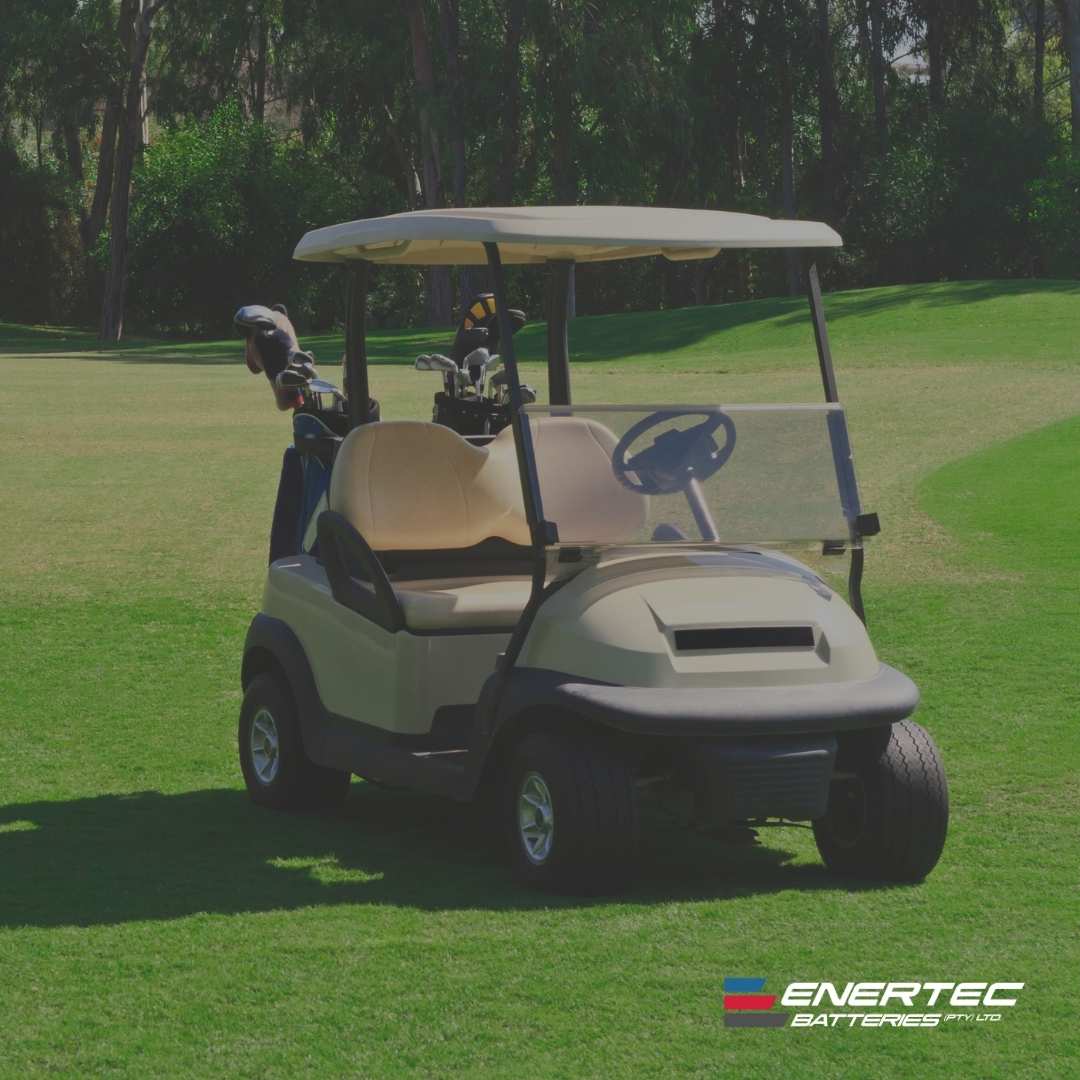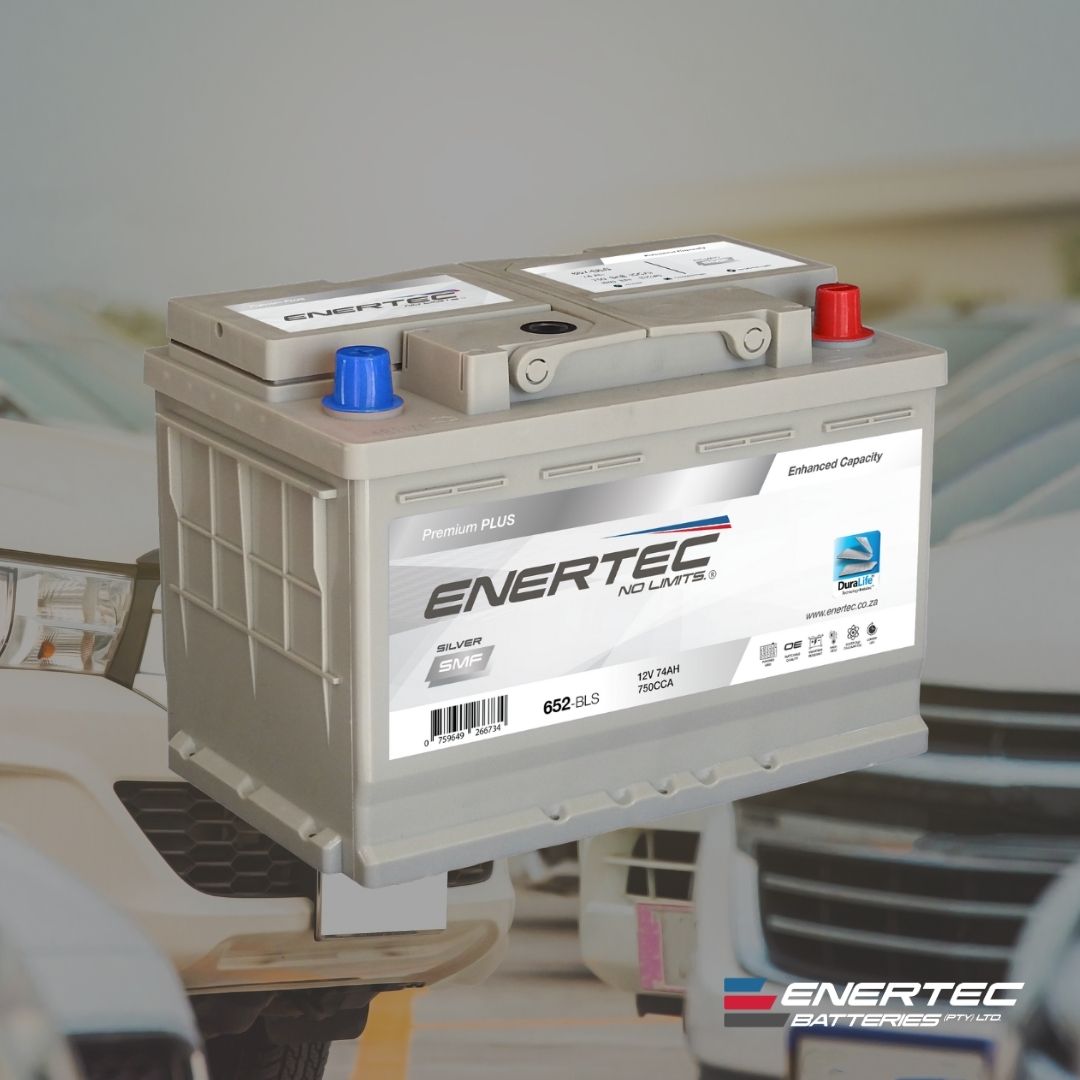2025-04-15 01:20:17
Key questions to ask your clients before selling a solar combo
Selling solar solutions can be complex, especially when it comes to tailoring the right solar combo for each client’s unique needs. As a dealer working with Enertec Energy’s solar products, understanding your client’s requirements is essential for ensuring long-term satisfaction and maximising the performance of the solar system you sell.
By asking the right questions before making a sale, you can better align the product offering with the client's needs, thus improving customer trust and reducing the likelihood of technical issues or dissatisfaction later.
This guide will help you frame key questions to ask your clients before selling them a solar combo. The questions are designed to uncover essential details about their energy consumption, budget, and future expansion plans, ensuring you provide the best possible solution.
What to ask your client before you sell a Solar Combo to them
1. What is your current energy consumption?
Understanding your client’s average daily, monthly, and yearly energy consumption is critical. This information helps determine the size and specifications of the solar system needed. You may ask:
- What is your average monthly electricity bill?
- Can you provide details on peak and off-peak energy usage?
- Do you have any appliances that consume a lot of energy (e.g., electric geysers, air conditioning, pool pumps)?
Clients with higher energy consumption will need more powerful systems with higher kWh capacity. Having them provide recent electricity bills can be very useful for this assessment.
2. Do you want to go off-grid or opt for a hybrid solution?
Different clients have varying energy goals. Some may want complete energy independence by going off-grid, while others may prefer a hybrid system that integrates with the national grid to ensure backup power during outages or extreme weather. Clarify your client’s long-term energy aspirations:
- Are you looking for a fully off-grid system, or would you prefer a hybrid solution that connects to the grid?
- How important is grid independence to you?
- Are you planning on expanding your energy needs in the future?
Understanding these preferences helps you recommend a system that provides sufficient storage and ensures future expandability.
3. What is your budget for a solar combo system?
While it might seem straightforward, knowing your client’s budget helps in narrowing down options and identifying the right combination of panels, inverters, and batteries. Solar solutions can be customised, so knowing how much they’re willing to invest initially and for future upgrades is vital.
- What is your total budget for the solar installation?
- Do you prefer a higher initial investment for better savings down the line, or would you prefer a more budget-friendly, entry-level system that can be expanded later?
Some clients may opt for premium products upfront, while others may want a system that allows them to scale as their budget allows.
4. What are your backup power requirements?
Clients often want to know how much backup power they will have if they experience an outage or during times of low sunlight. Depending on the size of the battery and solar combo, some systems will only power essential appliances, while others may provide complete backup for an entire home or business.
- Which appliances or systems do you want to prioritise during an outage (e.g., refrigerators, lighting, security systems, etc.)?
- How many hours of backup power do you expect?
- Do you need uninterrupted power (UPS) for specific equipment, such as medical devices or servers?
This will help you choose the right battery capacity and ensure the solar system matches their backup expectations.
5. What is the layout and condition of your roof or installation site?
The location where the solar panels will be installed plays a significant role in their efficiency. If the roof has a lot of shade or limited space, it will affect the size and number of panels you can install. Additionally, roofs that are not structurally sound may require reinforcement before the installation of a solar array.
- Is your roof or installation site in good condition, free from significant shading during peak sunlight hours?
- How much space is available for solar panel installation?
- Are you open to mounting panels on the ground if roof space is limited?
These factors influence how many panels are needed and their placement to ensure maximum energy production.
6. What is your expected payback period?
Some clients may have specific financial expectations regarding how soon they will see a return on their investment. Asking about their preferred payback period will guide you in selecting a solution that provides the desired financial outcome.
- In how many years do you expect to recover the initial cost of the solar system?
- Are you aware of any local or national incentives, rebates, or tax benefits that may shorten the payback period?
Helping clients understand the financial benefits, along with long-term savings, can lead to a better investment decision.
7. Do you plan on adding more energy systems or appliances in the future?
If your client anticipates future growth - whether in the form of a home extension, new electrical appliances, or an electric vehicle charging station - you should factor this into the system design.
- Do you plan on expanding your home or adding new appliances that would increase your energy usage?
- Are you considering incorporating additional technologies, such as electric vehicle chargers or battery storage systems, in the future?
By understanding their long-term goals, you can recommend systems with scalability in mind.
8. Have you had any prior experience with solar solutions?
Understanding whether the client has had prior experience with solar technology will help you tailor the level of detail you provide. If they are new to solar, they may need additional guidance and explanations about system components, how to maximise energy efficiency and maintenance.
- Have you installed or considered solar solutions before?
- What was your experience with your previous system?
This question helps gauge their expectations and areas of concern based on past experiences.
9. Do you have any preferences for specific solar brands or technologies?
Some clients may already have researched specific brands or technologies and have a preference for particular products. Understanding their preferences can help you tailor your recommendations.
- Have you researched specific brands of solar panels, inverters, or batteries that you prefer?
- Are there any particular solar technologies you are interested in, such as microinverters or smart monitoring systems?
While some clients might come with preconceptions, your role as a dealer is to guide them towards the most suitable and reliable options.
Final Thoughts
Asking these key questions before selling a solar combo allows you to better understand your client’s needs, ensuring that you provide the best solution in terms of performance, longevity, and cost-effectiveness. Educating your clients is part of the process, and the more detailed their answers, the easier it will be to craft a tailored solar system that meets their expectations.
By taking the time to learn about their energy consumption, preferences, and budget, you can foster stronger client relationships, deliver exceptional service, and ensure Enertec Energy’s products are being used to their full potential.



